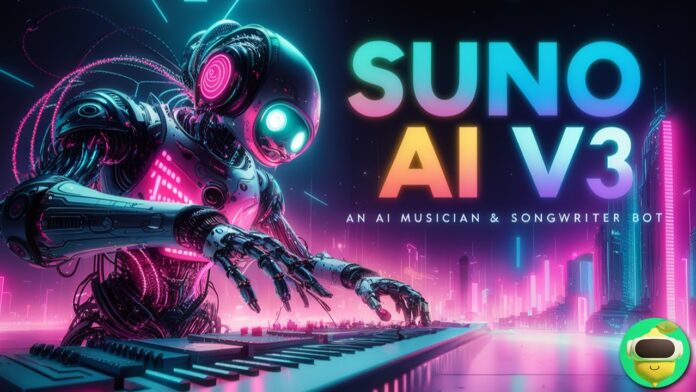In the world of music, innovation and technology have always played a significant role in shaping the way we create consume music. One such innovation that has been making waves in the music industry is the rise of generative AI platforms like Suno AI and Udio. These platforms allow users to create music simply by providing written text prompts, instructing the software on what kind of track to produce. While this technology has been praised for its ability to democratize music production and make it accessible to a wider audience, it has also sparked controversy and legal battles.
Recently, Suno AI, led by its CEO, made a bold claim that people “don’t enjoy” making music. This statement raised eyebrows in the music community, as it seemed to undermine the creative process and passion that many artists pour into their craft. Alongside Udio, Suno AI is currently facing a lawsuit from major labels Sony, Universal, and Warner. The allegations against these AI platforms suggest that their systems were trained using data from unlicensed music, used without consent, totaling around $150,000 in damages. This legal battle has brought to light the ethical implications of using AI in music production and the importance of respecting artists’ rights.
Moreover, the issue of AI’s role in music has not been confined to just legal battles. In the UK, the All-Party Parliamentary Group on Music has called for government action to safeguard artists in the face of AI-generated music. The group has argued that AI-generated music should be subject to regulation, including laws that require artists’ consent for their works to be used in AI training and clear attribution for AI-generated music. This call for regulation comes in response to concerns raised by artists like FKA twigs, who have spoken out about the exploitation of their likeness in AI-generated works without their consent.
The Interview Highlights
[embedded content]
“We didn’t just want to build a company that makes the current crop of creators 10% faster or makes it 10% easier to make music. If you want to impact the way a billion people experience music you have to build something for a billion people,” Shulman told 20VC.
“And so that is first and foremost giving everybody the joys of creating music and this is a huge departure from how it is now,” he continued. “It’s not really enjoyable to make music now […] It takes a lot of time, it takes a lot of practice, you need to get really good at an instrument or really good at a piece of production software. I think the majority of people don’t enjoy the majority of the time they spend making music.”
Interviewer Harry Stebbings followed this by asking if the scenario was comparable to running, which many people find difficult to begin with, but pursue, improve and grow to love. “Most people drop out of that pursuit because it’s hard,” Shulman replied. “I think that the people you know that run, this is a highly biased selection of the population that fell in love with it.”
The Future of AI and Music
Despite the controversies surrounding AI in music production, there is no denying the potential for innovation and creativity that AI technology brings to the table. Generative AI platforms like Suno AI and Udio have opened up new possibilities for music creation, allowing aspiring artists and producers to experiment and collaborate in ways that were previously unimaginable. However, as we navigate the complexities of AI in music, it is essential to prioritize ethical considerations and respect artists’ rights.
Looking ahead, the future of AI in music will likely be shaped by a balance between technological advancement and ethical responsibility. By establishing clear regulations and guidelines for the use of AI in music production, we can create a more sustainable and equitable ecosystem for artists, creators, and listeners alike. As we continue to explore the intersection of AI and music, it is crucial to remember the importance of human creativity, passion, and emotion in the art of music-making. Ultimately, by embracing the potential of AI while upholding ethical standards, we can ensure that music remains a source of inspiration and joy for generations to come.
As the debate over AI in music production continues to evolve, it is clear that the music industry is entering a new era of innovation and transformation. By addressing the ethical challenges and legal implications of AI-generated music, we can pave the way for a more ethical, inclusive, and sustainable future for music creation. With collaboration, dialogue, and a commitment to artistic integrity, we can harness the power of AI to enhance creativity, expand opportunities, and celebrate the rich tapestry of musical expression.




